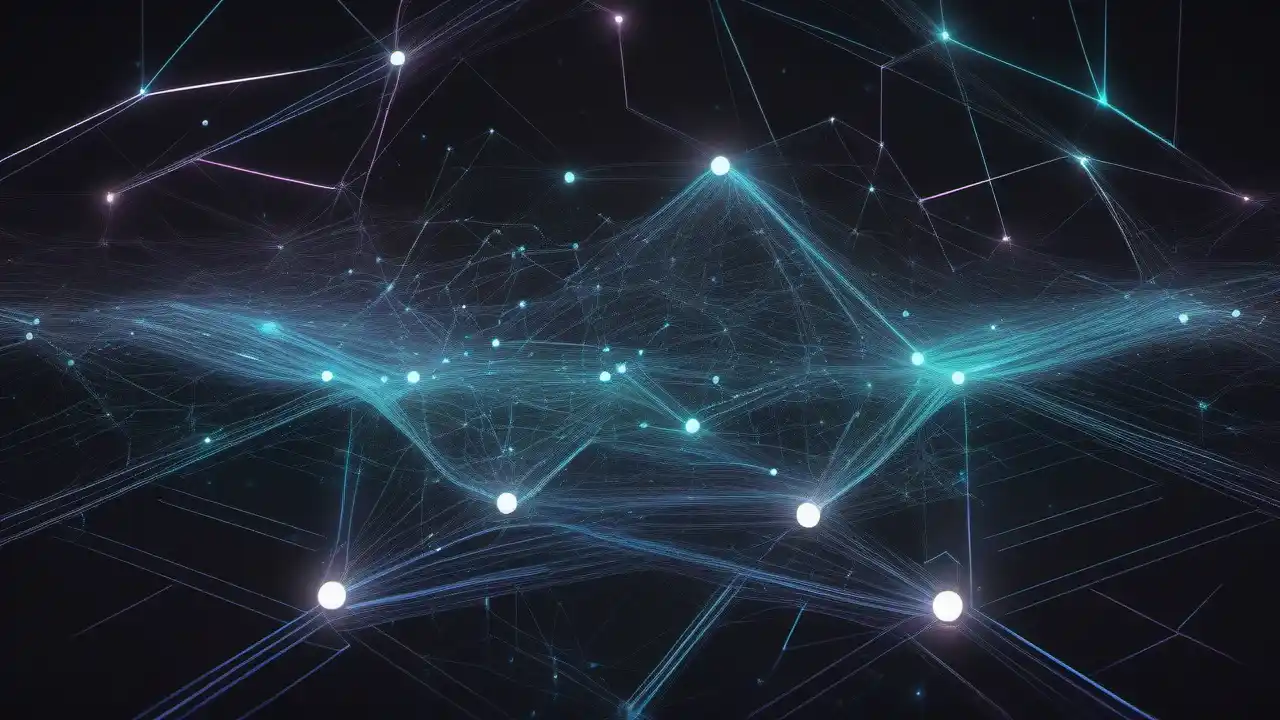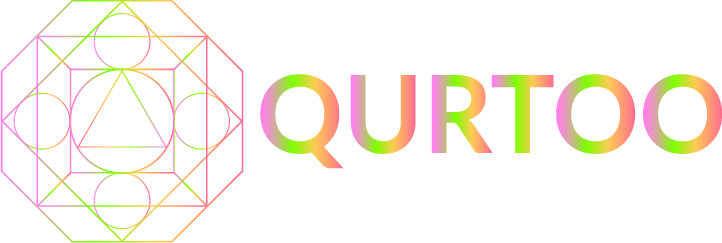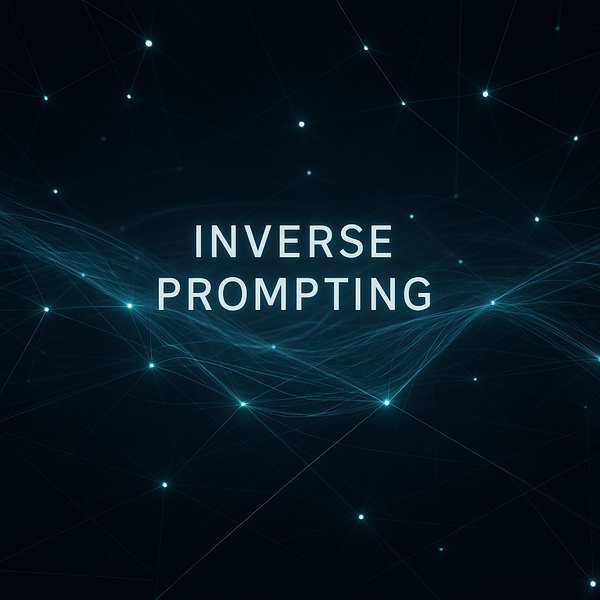How To Choose an AI Platform
These platforms offer a range of services, from natural language processing to computer vision and beyond. In this blog post, we'll dive deep into some of the most popular AI platforms, exploring their strengths, weaknesses, and unique features to help you make an informed decision.

The field of artificial intelligence (AI) has seen rapid advancements in recent years, with numerous platforms emerging to provide AI capabilities. These platforms offer a range of services, from natural language processing to computer vision and beyond. In this blog post, we'll dive deep into some of the most popular AI platforms, exploring their strengths, weaknesses, and unique features to help you make an informed decision.
Anthropic
https://www.anthropic.com/
https://console.anthropic.com/login
https://www.anthropic.com/news/claude-2
https://www.anthropic.com/claude
https://duckduckgo.com/?q=DuckDuckGo&ia=chat
- Strengths:
- AI Safety and Research: Anthropic focuses on AI safety and research, making it a reliable choice for responsible AI development.
- Language Model Assistant: Their language model assistant, Claude, is designed to be helpful and articulate.
- Open Source: Anthropic is open source, allowing technical users to customize and self-host the model1.
- Weaknesses:
- Limited Reviews: While it has received positive reviews, there are fewer user reviews compared to other platforms2.
- Smaller Market Share: Anthropic is still gaining traction in the market compared to more established players.
Anthropic is a research company dedicated to ensuring that artificial intelligence systems are built in a way that benefits humanity as a whole. Their mission is to develop AI systems that are not only powerful but also aligned with human values and ethics. One of Anthropic's flagship products is Claude, an AI language model assistant designed to be helpful, articulate, and focused on AI safety.
As an open-source platform, Anthropic allows technical users to customize and self-host their models, providing greater flexibility and control. This approach aligns with Anthropic's commitment to transparency and responsible AI development. By making their models open-source, Anthropic invites collaboration and scrutiny from the broader AI community, enabling continuous improvement and addressing potential risks.
However, as a relatively new player in the AI space, Anthropic has received fewer user reviews compared to more established platforms. Additionally, while their focus on AI safety is commendable, it may lead to a smaller market share initially, as some users prioritize raw performance over ethical considerations.
OpenAI
https://platform.openai.com/
https://chat.openai.com/
https://platform.openai.com/docs/quickstart
- Strengths:
- ChatGPT: OpenAI’s ChatGPT has garnered attention since its launch in late 2022.
- Investment: Microsoft is investing $10 billion in OpenAI, providing substantial resources.
- AI Safety Initiatives: OpenAI collaborates with organizations to address AI safety concerns3.
- Weaknesses:
- Competition: With Google’s investment in Anthropic, OpenAI faces stiff competition.
- Controlled Restrictions: While relatively open, OpenAI imposes some restrictions on its models4.
OpenAI has made significant strides in the AI landscape, with their ChatGPT model garnering widespread attention since its launch in late 2022. This language model has demonstrated remarkable capabilities in understanding and generating human-like text, making it a powerful tool for a variety of applications, including content creation, research, and customer service.
One of OpenAI's strengths lies in the substantial investment it has received, particularly from Microsoft, which has pledged $10 billion in funding. This financial backing provides OpenAI with the resources necessary to accelerate its AI research and development efforts, potentially leading to even more groundbreaking advancements.
OpenAI has also been proactive in addressing AI safety concerns, collaborating with organizations and experts to develop guidelines and best practices for responsible AI development. However, it is important to note that while OpenAI aims to be relatively open with its models, it does impose certain restrictions to mitigate potential misuse or harmful outputs.
With Google's investment in Anthropic, OpenAI faces stiff competition in the AI space. As these tech giants continue to push the boundaries of AI, it will be interesting to see how they differentiate themselves and cater to diverse user needs.
https://cloud.google.com/ai/apis
https://labs.google/
https://cloud.google.com/products/ai/
- Strengths:
- Investment in AI: Google is investing heavily in AI, including a $300 million stake in Anthropic.
- Google Cloud Partnership: Anthropic chose Google Cloud for its expertise in large-scale machine learning systems1.
- Speed: Google’s models, like Gemini Ultra, offer fast execution.
- Weaknesses:
- Controversial Topics: Gemini Ultra struggles with controversial topics, such as politics or storytelling.
- Competition from Microsoft: Google faces strong competition from Microsoft in the AI space.
Google is a tech behemoth that has been investing heavily in artificial intelligence, recognizing its potential to transform various industries and shape the future of technology. One of Google's notable moves in the AI space was its $300 million investment in Anthropic, highlighting the company's commitment to advancing AI research and development.
Google's AI models, such as Gemini Ultra, are known for their speed and efficiency, offering fast execution times that can be critical in certain applications. Additionally, Anthropic chose to partner with Google Cloud for its expertise in large-scale machine learning systems, further underscoring Google's capabilities in this domain.
However, Google's AI models have faced challenges when dealing with controversial topics, such as politics or storytelling, which may limit their applicability in certain contexts. Furthermore, Google faces intense competition from Microsoft, another tech giant heavily invested in AI, potentially leading to a heated battle for market dominance.
Perplexity
https://www.perplexity.ai/
https://docs.perplexity.ai/docs/getting-started
- Strengths:
- Speed: Perplexity’s 7b model returns 192 tokens per second.
- Cost-Effective: It offers good value for AI costs.
- Weaknesses:
- Limited Information: There’s less public information available about Perplexity.
Perplexity is an AI platform that has garnered attention for its speed and cost-effectiveness. Their 7b model boasts an impressive rate of 192 tokens per second, making it a compelling choice for applications that require rapid processing and response times.
While Perplexity may not be as well-known as some of the larger AI platforms, its focus on delivering good value for AI costs has resonated with users seeking cost-effective solutions. This approach could make Perplexity an attractive option for businesses or individuals operating under budget constraints.
However, one potential drawback of Perplexity is the limited information available about the platform. As a relatively new player in the AI space, there may be fewer resources and documentation available compared to more established platforms, which could pose challenges for users seeking in-depth guidance or support.
Mistral
https://mistral.ai/
https://docs.mistral.ai/deployment/cloud/azure/
- Strengths:
- Cost-Effective: Mistral’s 7b model performs well and is less restrictive.
- Open Source: It’s the only truly open source option on this list.
- Weaknesses:
- Limited Safeguards: Mistral lacks stringent safeguards beyond basic decency rules.
Mistral stands out as the only truly open-source option among the AI platforms discussed in this blog post. This approach aligns with the principles of transparency and collaboration, allowing developers and researchers to scrutinize and contribute to the codebase, potentially leading to more robust and secure AI systems.
One of Mistral's strengths lies in its cost-effectiveness. Its 7b model performs well while being less restrictive than some of its competitors, making it an attractive choice for users seeking a balance between performance and flexibility.
However, it's important to note that Mistral lacks stringent safeguards beyond basic decency rules. While this may appeal to users who prioritize freedom and flexibility, it could raise concerns for those seeking more robust ethical and safety measures to mitigate potential risks associated with AI systems.
Hugging Face
https://huggingface.co/
https://huggingface.co/docs/hub/repositories-getting-started
https://huggingface.co/docs/hub/api
https://huggingface.co/docs/datasets/cache
https://huggingface.co/docs/transformers/v4.31.0/installation
- Strengths:
- Fine-Tuning: Huggingface’s LLM models are fine-tuned from a base Mistral model.
- Technical Users: It’s popular among technical users.
- Weaknesses:
- Limited Self-Hosting: Unlike Mistral, Huggingface doesn’t offer self-hosting capabilities.
Hugging Face is a popular platform among technical users, particularly those working with large language models (LLMs). One of the key strengths of Hugging Face is its fine-tuning capabilities, which allow users to customize and optimize LLM models based on their specific needs and datasets.
Hugging Face's LLM models are fine-tuned from a base Mistral model, inheriting some of the benefits and characteristics of the open-source platform. This approach enables Hugging Face to leverage the strengths of Mistral while providing additional tools and resources tailored to the needs of technical users.
However, unlike Mistral, Hugging Face does not offer self-hosting capabilities. This limitation may be a consideration for users who prioritize greater control and customization or have specific security or privacy requirements that necessitate hosting the AI models on their own infrastructure.
Ollama
https://ollama.com/
https://github.com/ollama/ollama
https://github.com/ollama/ollama-python
https://github.com/ollama/ollama-js
- Strengths:
- OpenAI Compatibility: Ollama now integrates with OpenAI’s Chat Completions API5.
- Self-Hosting: Ollama supports self-hosting on any server.
- Weaknesses:
- Limited Market Presence: Ollama is less well-known compared to other platforms.
Ollama is an AI platform that has recently gained attention for its integration with OpenAI's Chat Completions API. This integration allows users to leverage the capabilities of OpenAI's language models while benefiting from Ollama's self-hosting capabilities, providing greater control and flexibility over the AI systems.
One of Ollama's key strengths is its support for self-hosting on any server, catering to users with specific security or privacy requirements, or those seeking greater autonomy and control over their AI infrastructure. This approach aligns with the principles of decentralization and democratization of AI technology.
However, as a relatively new player in the AI space, Ollama currently has a limited market presence compared to more established platforms. This may pose challenges in terms of community support, documentation, and integration with existing tools and workflows, at least initially.
As the AI landscape continues to evolve, it will be crucial for platforms to differentiate themselves and cater to the diverse needs of users across various industries and use cases. Whether prioritizing AI safety, performance, cost-effectiveness, or self-hosting capabilities, users now have a range of options to choose from, each with its own unique strengths and trade-offs.




